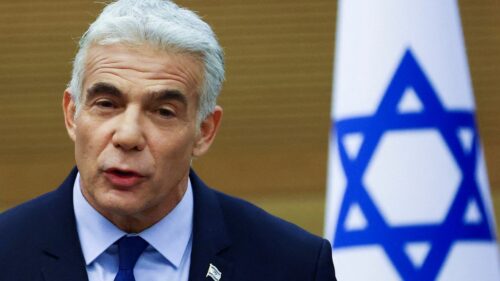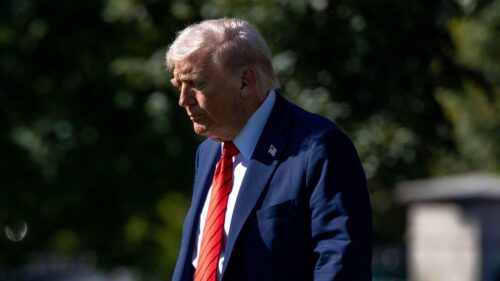
Carnegie: Russia may try to sabotage Armenia-Azerbaijan peace agreement
In mid-March, Armenia and Azerbaijan announced they had finalized the text of a long-anticipated peace agreement, which, if signed, marks a potential end to more than three decades of conflict. Yet the signing remains elusive, the Carnegie Endowment for International Peace writes.
As noted, the origins of this process lie not in the aftermath of the 2020 war between Azerbaijan and Armenia—in which Baku regained most of the territories it had lost in the 1990s, and Russia introduced peacekeepers, gaining a monopoly over mediation between the two sides—but in the fallout from Russia’s full-scale invasion of Ukraine in 2022. Only amid Moscow’s distraction and weakening regional grip did serious negotiations begin. Talks resumed based on a framework initially proposed by Baku in 2021, which Yerevan did not respond to or engage with at the time. The resurrection of talks reflected not only new military realities but a broader recalibration of power across the South Caucasus, as Russia—preoccupied with occupying its neighbor and increasingly weakened—lost its grip on the region, prompting Armenia to reassess its strategic orientation. In this shifting landscape, Armenia accelerated efforts to diversify its foreign policy beyond Moscow, while Azerbaijan positioned itself as a strategic energy partner to Europe—though the partnership has delivered mixed results and unfolded alongside growing political tensions with Brussels.
Baku moved swiftly to consolidate its military and diplomatic gains. In 2023, it regained full control over Nagorno-Karabakh and compelled the withdrawal of Russian peacekeepers a year before their mandate was due to expire. This outcome was unthinkable just a few years earlier. Baku also advanced its role in regional trade and energy corridors and deepened partnerships with Turkey and the EU. Moscow viewed these moves warily. Rather than welcoming peace, it saw the process as a challenge to the monopoly it had reasserted after 2020.
Yet Russia has not exited the scene. As Baku and Yerevan inch toward normalization, Moscow may seek to play spoiler. It might argue that, absent a signed agreement, the foundation of their relations remains the defunct 2020 ceasefire and its 2021 auxiliary protocols, signed under Russian patronage. Only a new, jointly ratified peace accord can displace Moscow’s claim to that role. Yet under the finalized peace agreement, both sides have agreed not to allow third-party forces along their mutual border—a principle that should apply to Russia as well.
Demands from Baku were also addressed. The Armenian government has signaled its intent to draft a new constitution, though it is unlikely to do so before parliamentary elections in 2026.
Second, the issue of connectivity to Nakhijevan remains highly politicized and burdened by mutual distrust. On their own, Baku and Yerevan may lack the flexibility or political space to resolve it. Renewed EU engagement could help depoliticize the issue, introduce creative solutions, and unlock international support for long-term connectivity.
A signed peace deal would reshape the regional order. Turkey, which sees the South Caucasus as part of its strategic hinterland, has tied the reopening of its border with Armenia to progress in Baku-Yerevan talks. For Armenia, that opening offers not just symbolic value but a vital economic and geopolitical alternative to reliance on Russia.
If no agreement is signed by year’s end, the momentum built since 2022 could collapse. Armenia’s domestic fragility, a distracted international environment, and the prospect of renewed Russian pressure all threaten the process.


